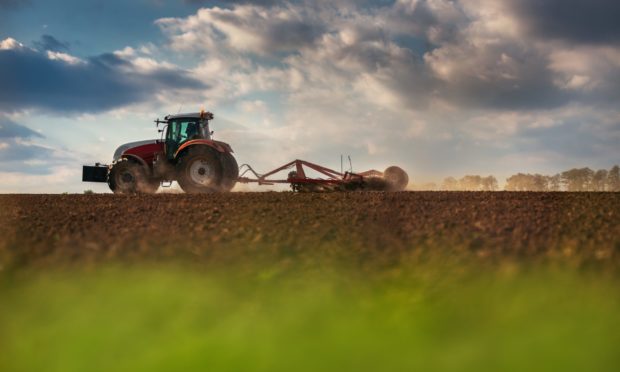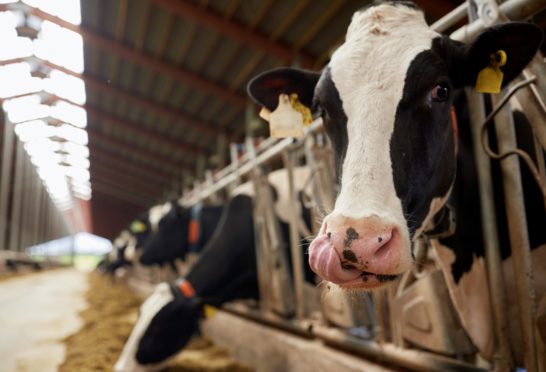Five farmer-led groups tasked with devising ways the Scottish agricultural industry can reduce its greenhouse gas emissions have published their proposals.
The groups, established by the Scottish Government, were asked to recommend ways farmers and crofters could cut their emissions and help tackle climate change. They covered five sectors – arable; dairy; hill, upland and crofting; pigs; and suckler beef.
The suckler beef group published its report in October and the other groups made their recommendations this week.
The beef recommendations include proposals for a new support scheme to help the beef sector reduce its climate impact and boost its efficiency through a focus on four areas -production-based efficiencies, soil health, grassland and grazing management, and nutrient management.
The arable group proposes the creation of Scotland’s Climate Smart Agriculture Framework – designed to establish a baseline measure for emissions and outline a route-map to the adoption of mitigation measures – and Climate Smart Farm Plans for individual farms to take steps to reduce their emissions based on a three-tier support package.
Dairy sector proposals include making whole farm climate reviews available to all Scottish farmers to analyse the baseline data, provide benchmarking, and identify areas for action, and capital support being made available for measures to reduce emissions such as improvements to feed and energy efficiency.
Proposals from the hill, upland and crofting group include removing area-based support payments in favour of payments based on “adequate agricultural activity”, and making non-food crops – such as crops for biofuel or flowers and ornamental plants – ineligible for support payments.
The group, which has asked for more time to make further recommendations after lambing and the Scottish elections, also says any steps to reduce emissions from agriculture must not result in a reduction in ruminant livestock numbers.
Lastly, the pigs group recommendations include the creation of a new pig monitor farm programme, and support for farmers to invest in renewable energy and new building facilities which deliver both herd and environmental efficiency.
Rural Economy Secretary, Fergus Ewing, welcomed the publication of the reports and said: “We will now take some time to analyse what the groups have said but, perhaps most importantly, the groups have agreed that a unified approach to developing a new agricultural programme is key.
“This is the start of a very exciting journey that will change farming and food production in Scotland for the better.”











